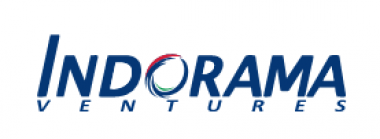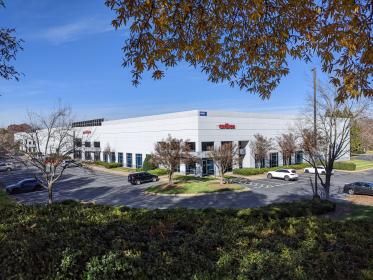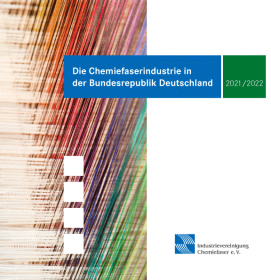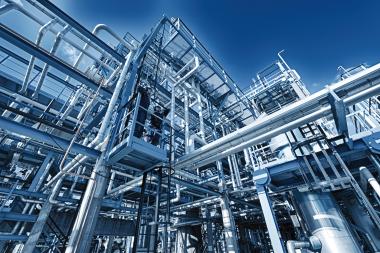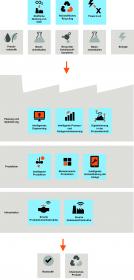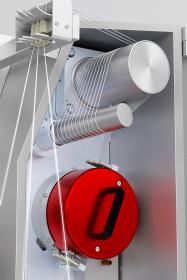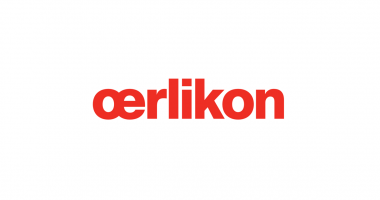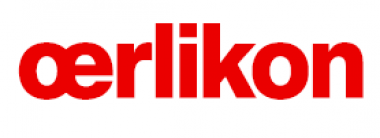-24 % der Arbeitsplätze in der deutschen Chemiefaserbranche
Im Juni 2023 fand die jährliche Mitgliederversammlung der Industrievereinigung Chemiefaser e. V. (IVC) statt, auf der die offiziellen Marktdaten für das abgelaufene Geschäftsjahr sowie Ausblicke auf das laufende Jahr bekannt gegeben wurden.
Seit vielen Jahren stagnierte das weltweite Produktionswachstum für alle Faserarten. Im Bereich der Chemiefasern wurde sogar ein leichter Rückgang der Produktionsmengen beobachtet. Vor diesem Hintergrund sei es bemerkenswert, so die IVC, dass China seinen Weltmarktanteil nicht halten konnte, sondern um einen Prozentpunkt zu Gunsten von Indien verlor.
Die weltweite Baumwollernte tendierte zur Erholung, konnte aber noch nicht an das Niveau der Jahre vor 2020 anknüpfen. Das leichte Wachstum scheint aber entkoppelt von einem grundsätzlichen Trend zu cellulosischen Fasern zu sein, deren Menge war im selben Beobachtungszeitraum leicht rückläufig.
Der Verband warnt, dass im Vergleich zur globalen Situation die Entwicklung der Chemiefaserbranche in Deutschland dramatische Züge annehme. Bezogen auf die ohnehin schlechten Vorjahre wurde 2022 ein weiterer mengenmäßiger Verlust von –28,5 % protokolliert. Ursachen sind Betriebsschließungen, die einerseits auf Insolvenzen und andererseits auf mangelnde Perspektiven an nachhaltigen und tragfähigen wirtschaftlichen Standortbedingungen in Deutschland zurück gehen. Besonders betroffen ist dabei die Produktion von Polyacrylnitril- und Polyesterfasern. Diese Entwicklung hat auch für die Arbeitnehmer sehr ernste Folgen: 24 % gut bezahlter Arbeitsplätze gingen in der deutschen Chemiefaserbranche im letzten Jahr unwiederbringlich verloren.
Der abflauende internationale Handel mit Chemiefasern geht einher mit der Schwächung der deutschen Produktion. Der deutsche Export brach ein (-24,3 %), wobei der innereuropäische Handel gegenüber den Exporten nach Asien an Bedeutung gewann. Die Menge an importierten Chemiefasern nahm nur leicht ab (- 4,1 %). Hier zeigten cellulosische Chemiefasern Zuwächse zu Lasten von synthetischen Stapelfasern (+12,9 % bzw. – 10,0 %).
Die verarbeitete Menge an allen Faserarten in Deutschland blieb gegenüber dem Vorjahr nahezu konstant (- 0,3 %). Chemiefasern fanden aber im Vergleich mit Wolle und Baumwolle weniger Einsatz (- 2,7 %). Speziell mit Blick auf den Bekleidungsbereich zeigt sich die vermehrte Hinwendung zu Wolle und Baumwolle, wenngleich auch Heimtextilien von diesem Trend nicht unbeeinflusst bleiben.
Die Befürchtung, so die IVC, sei nicht von der Hand zu weisen, dass der Einfluss des „Green Deal“ der EU-Kommission zu einer weiteren deutlichen Verschlechterung der Standortbedingungen für die deutsche Chemiefaserproduktion führen werde.
Industrievereinigung Chemiefaser e.V. IVC, Mitgliederversammlung, Chemiefasern Chemiefasern
Industrievereinigung Chemiefaser e.V.





